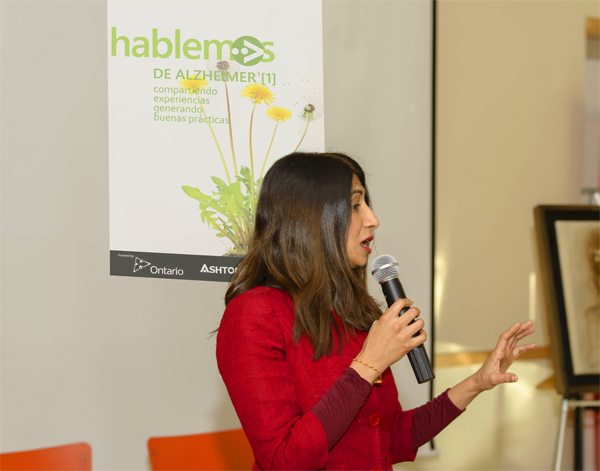Blog
- Details
By Barb Hood, Executive Director NWT Seniors Society
From June 1st to 30th, the Northwest Territories will be honouring and recognizing the seniors in our families and communities. This is the 17th year that the Northwest Territories Seniors' Society has celebrated the contribution, wisdom and experiences of older adults in the NWT. Just a few days ago, Glen Abernethy, Minister Responsible for Seniors, publicly recognized June as Seniors Citizens' Month, June 1 as Intergenerational Day, and June 15 as World Elder Abuse Awareness Day (full speech available here).
- Details
The Canadian Network for the Prevention of Elder Abuse (CNPEA) is seeking proposals for an evaluator for a three-year project entitled “Increasing Access to Justice for Older Adult Victims of Sexual Assault: A Capacity Building Approach” (“Increasing Access Project”).
When we submitted the proposal for the Increasing Access Project we took care to ensure that the project objectives support our Strategic Plan. Now that we are at the stage of drafting a more detailed workplan for the project we intend to craft the workplan so that the activities fulfill project requirements and advance Strategic Plan objectives.
We would like the evaluator to help us develop a workplan and an evaluation framework for the Increasing Access Project, and then to evaluate the project. The evaluator must have experience with project evaluation, work plans, and strategic planning. He/ she must also have strong facilitation skills.
To read the full Call for Proposals, click HERE.
Proposals can be submitted to:
CNPEA coordinator Benedicte Schoepflin at on or before June 2 at 5 pm p.s.t.
The successful proposal will be confirmed on or before June 8, 2017 at 5 p.m. p.s.t.
- Details
By Heather Campbell
“There is in this land an army of strong, quiet men whose names never reach the newspapers, who fill the construction camps, operate the heavy machinery, grease the wheels of communication, and weld the steely sinews of industry. They are lonely men, unmarried or separated, living unpretentiously in small hotels or single rooms….”
– Walter Bromberg, M.D., 1965
On May 3, 2017, the Jo Cox Commission on Loneliness launched its month-long campaign spotlighting male loneliness. According to the initiative, 35 percent of men in the United Kingdom feel lonely at least once a week, and for 11 percent, it’s a daily occurrence. The survey also found that more than one in 10 men say they are lonely, but would not admit it to anyone.
- Details
By Heather Campbell
With World Elder Abuse Awareness Day just around the corner, it’s a fitting time to summarize some recent international legal developments.
- Details
By Horacio Tereja
 On March 23 2017, Latin@s en Toronto and the Association of Spanish Speaking Seniors of Toronto (ASHTOR) celebrated the completion of two projects aimed at and led by older adults, in the presence of representatives from several community organizations and of Ontario's Minister of Seniors Affairs, Dipika Damerla.
On March 23 2017, Latin@s en Toronto and the Association of Spanish Speaking Seniors of Toronto (ASHTOR) celebrated the completion of two projects aimed at and led by older adults, in the presence of representatives from several community organizations and of Ontario's Minister of Seniors Affairs, Dipika Damerla.
One of the projects (Sharing our lives/Empowering ourselves, funded by the New Horizons for Seniors Program) was focused on intergenerational dialogue, while the other (Let’s Talk, funded by the Ontario Seniors Secretariat) had the objective of sharing and increasing knowledge among seniors on issues such as elder abuse and neglect, Alzheimer’s disease or demographic ageing.
Page 36 of 55

















